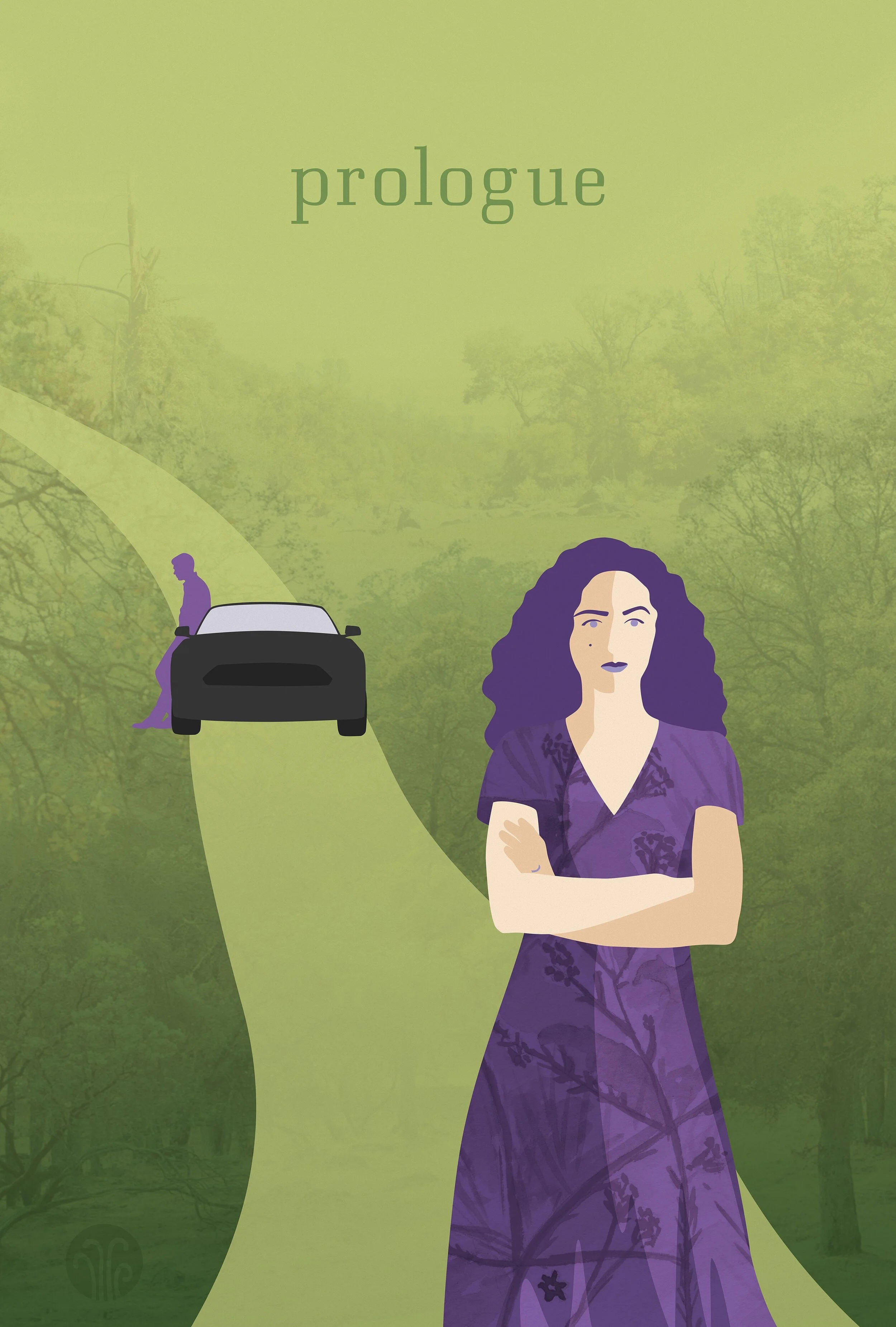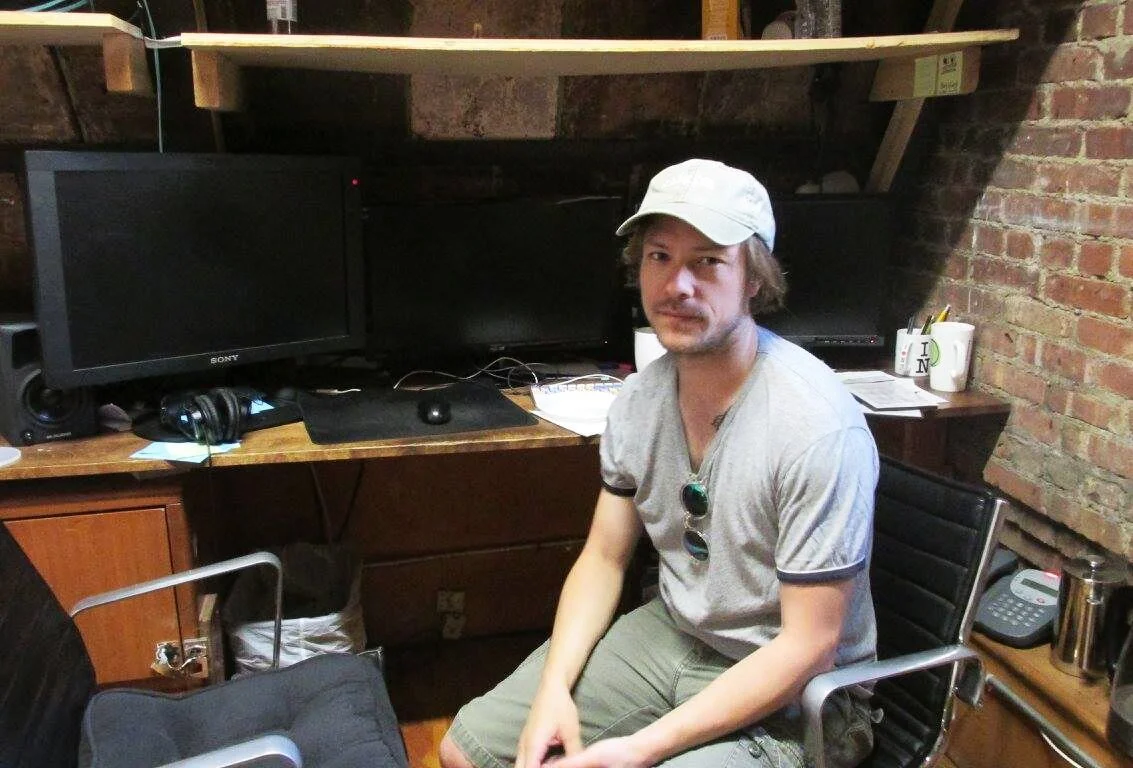Personally I hate writing. I’ve dreaded starting this article that was assigned to me by my publicist, and recommended by my marketing friends who told me to blog 3 years ago. In lieu of that I began my podcast, Feature & a short, hosted it as an event and shared other people’s stories.
Living with my own thoughts on a subject and then struggling to make words to communicate them to other people has often resulted in misunderstandings and miscommunications. This makes me feel like I failed. Maybe I did.
But here I am writing about why I chose filmmaking and storytelling as a medium rather than writing. As a filmmaker I make documentaries and narrative films written by other people.
When I write the slightest distraction, notification, or my girlfriend walking into the room totally throws me off. I feel it takes 15-20 minutes to get into an idea and as soon as I begin writing, someone walks in and says hello and I’m lost. I need to take a break and reset.
On the other hand, I love consuming media. I love helping to refine a message. Seeing what’s valuable in works of art and polishing them so they have the most emotional impact. That’s why I went into filmmaking as a director and editor.
As a director I read other people’s writings, let the story wash over me and give feedback. When I’m ready to plan shots, I’m taking in someone’s words and re-projecting what’s in my head on screen, just as I have with my short film Prologue, where I collaborated with the amazing writer Piper Werle.
As an editor, I work in narrative and documentary. But in either case, I’m assessing a list of captured moments of audio and video and getting rid of excesses and re-organizing a shorter version of what was captured in the media.
These are the jobs I enjoy. This is because my skills lie in consuming information and re-organizing it. Interpreting the desire of what I consume and repurposing it in a new organizational fashion.
In school I studied media history and statistics. I admire films like Ava DuVarnay’s 13th that paces out a historical essay and combines the delivery of words, musical scores, and competition to clearly define an idea. She compressed time to help viewers see a lot of history as one piece of information. Or seeing the emotion of Portrait of a Lady on Fire to crescendo to a moment where sitting still and listening to Vivaldi can show what a burning desire for another feels like.
In this way, I am an artist. I have little or no desire to write my own words, but to uplift the words of others with the skills I have always possessed. I can be functional in aiding the power of other’s words and storytelling by being a story technician and organizer. If someone interrupts me while I’m reading or watching someone else’s work, I can pause and deal with the interruption because it’s more my strength. This saves me time in my own creation.
Along with this, I have skills that I have refined in this arena. I’m very good at interpreting notes. Often when you receive notes in storytelling, people say they don’t like something. However, it may be critical to the point of the piece. You have to re-interpret the notes into how you can make the same audience member enjoy a certain part of the film. Does that mean clarifying a detail that’s not clear? Does that mean getting to the moment sooner in the film? Does that mean building emotion to make the moment hit harder? To me, it’s all in organization and presentation.
In the end, I see myself more as a story technician rather than a creator. I am creative, yes, but only in projecting my interpretation of something someone else has started. It’s what I enjoy the most and every creative is different.
Take time to think about how you like to create and consume and overall, what you enjoy the most. Not everyone writes, directs, produces, and edits like Ava DuVarnay. David Lynch writes, directs and helps with sound. Alfred Hitchcock directed and produced without writing his scripts. Jordan Peele acts, writes, and directs, but has yet to direct and act at the same time in production.
The point is all of these successful filmmakers work differently. To their own unique strengths and avoiding their weaknesses. Find your strengths, limit filmmaking to the jobs to the ones you really enjoy and you’ll become a better filmmaker for it.


